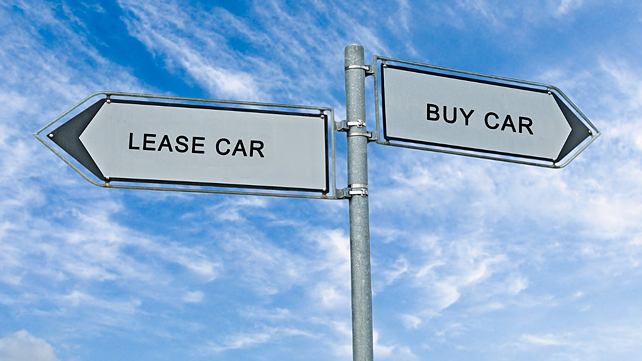
In an Indian home, purchasing a car is regarded as one of the most essential investment decisions that a family must make. Getting the finest automobile deal on the market isn't a cinch, especially when it comes to your budget, financing alternatives, and proclivity towards a certain category. Many people know exactly how they want to get their dream car; will they buy it or lease it?
A Lease Of Faith
A global automotive consumer study by Deloitte uncovered what lies in the future for the automotive industry. The 2019 study said that 51% of the millennial cohort questioned the need to purchase a car. Many people are thinking it over, and are eventually looking at the benefits of a smooth mobility experience without making a dent in their finances.
People wanting to get a car realise the fact that the subscription model can be their best friend; there is often a smaller financial commitment required, and it provides greater flexibility and convenience than owning a car.
Other factors that subscribers are taking into account are the cost of maintenance issues, particularly outside of the warranty term, the ever-changing dynamics of the vehicle industry, as well as changing government rules.
From Expensive Car Ownership To Economical Contract-Based Rental
Leasing a car can be a smart choice for a consumer in the contemporary day and age. In recent times, cars have come a long way from being an expensive symbol of pride for a family to being an economical short-term solution.
The vehicle scrappage policy, launched on August 13, 2021, shifted the argument in favour of leasing a car. The policy further augmented India’s already proliferating car leasing market, which stands at a size of INR 1,500 crore. It is further expected to grow at a 15-20% CAGR in the next decade.

According to the policy, any personal vehicles more than 20 years old will be eligible for scrapping. If your car is more than eight years old, it must pass a fitness test. If it fails, it is deemed unfit to be driven on the roads and has to be scrapped. However, if your vehicle passes the test, a ‘green tax’ (about 10-25%) will be levied at the time of certificate renewal. It loosely translates to your car continuing to be a significant financial liability.
Therefore, leasing a car would be a wiser choice in this modern day and age. It also provides advantages, like flexible choices to renew your lease with the latest car every time your contract is up for renewal. There are no maintenance costs and no stress about your car’s falling trade-in value. You don’t have to be hassled about reselling it when it's time to move on.
One of the most significant advantages of leasing a car is that you can manifest the entire subscription fee as an expense, as the lease amount qualifies for tax relief. Therefore, you can save up to 30% based on the tax slab.
Leasing Market Trends Set To Disrupt The Automotive Industry In 2022
The car leasing industry is gaining momentum, and the wheels seem to be rolling in the right direction. The year 2022 beckons for the automotive industry to grow the subscription-based or leasing model to new heights by setting some trends that will be construed as industry disruptors.
- Emergence of electric vehicles (EVs): A mainstream shift is in the offing, where EVs are set to become the new normal. Rolling on to EVs is going to be a gradual process, hence many OEMs are giving consumers a taste of what tomorrow holds through a contract-based model. This is how the emergence of EVs is driving the leasing industry and is expected to continue in a bigger way in 2022.
- Corporate consortiums: Some trailblazing car lease companies today offer a high-quality operating lease solution for the corporate sector. They offer unique benefits, which include outsourcing of car ownership and maintenance, management of company car programmes, and fleet management.
- Manufacturer’s trust: Many OEMs are recognising the shift towards car leasing. The big players in the industry are entering this segment on their own or collaborating with other car leasing companies to tap the potential in this market.
Conclusion
The dynamism of the automobile sector, together with a slew of other reasons, is poised to propel the subscription-based or leasing model even higher. Many automakers have broadened their offerings to include leasing as a viable alternative. The tag of a conventional car owner is rapidly losing its sheen to the tag of being a contract-based car user.
About the Author: Sunil Gupta is Managing Director and Chief Executive Officer at Avis India.